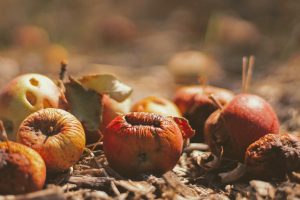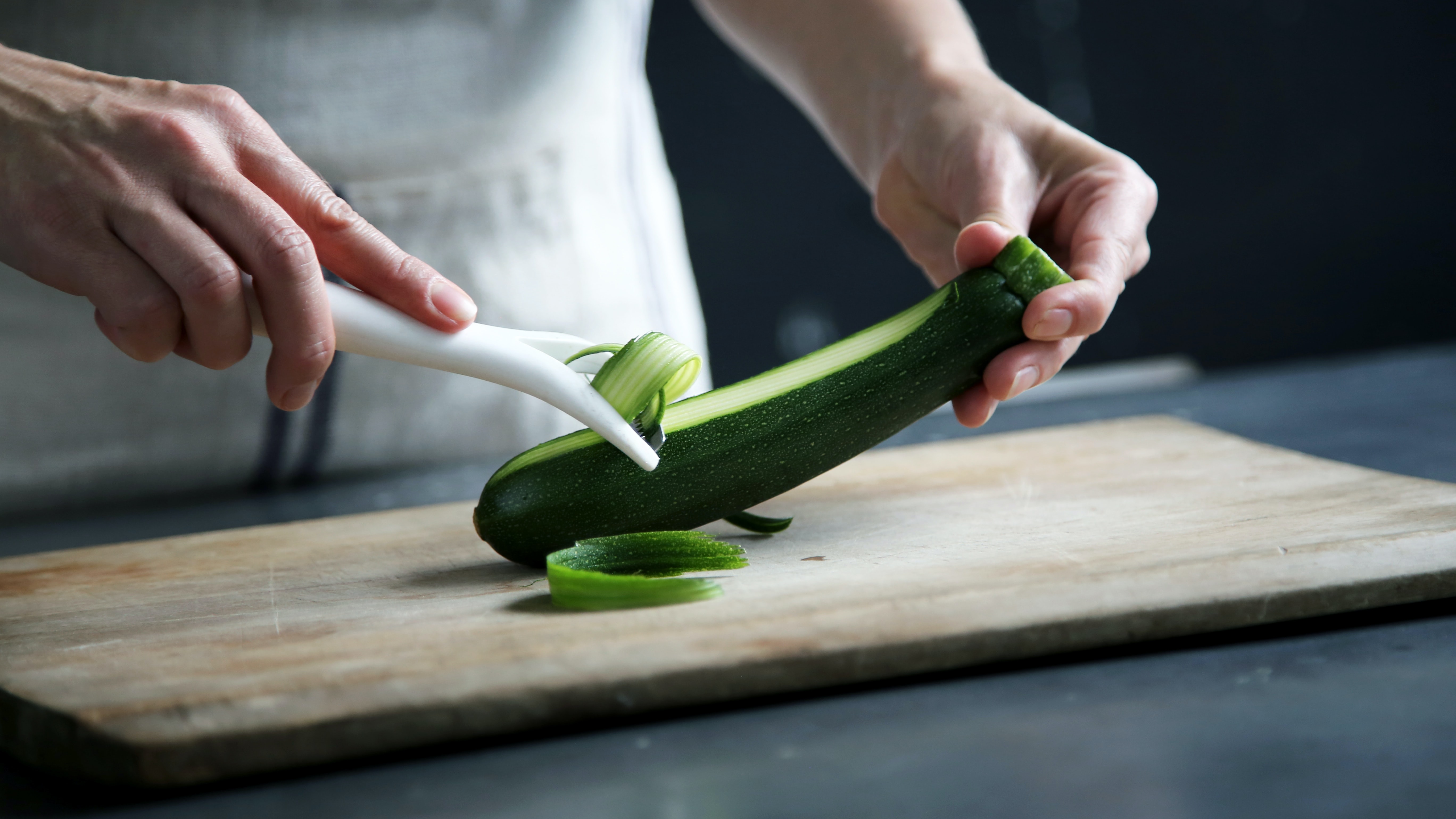Vermonters will need to keep their food scraps out of the trash with the passage of a new composting law.
The state of Vermont is taking steps to eliminate food waste by instituting a Food Waste Ban that prohibits the disposal of compostable edibles. Vermont is the first state to enact a law of its type, and officials are hoping residents will voluntarily compost their scraps. The state has an overall plan to cut 50% of all trash that ends up in landfills, ensuring it is reused, recycled, or composted, but to date has only reached 36% of that target, according to officials.
Every five years, a consumer survey is generated to document what is being tossed in the trash and the most recent tally showed an estimated 20% of household waste was composed of food scraps. These discarded scraps wind up in landfills, producing methane as they decompose, a deadly chemical that is known to accelerate global climate change.

Josh Kelly, materials management section chief with the Vermont Agency of Natural Resources, explained, “People say, ‘What does this mean with a food waste ban? [Are] people going to be out there looking in my garbage for my apple cores?’ The ban is more a plan to take advantage of the already widespread act of private composting, to push through investments in private and public composting infrastructure, and allow businesses that handle drop-off or curbside pickup of compost to buy more equipment and build more facilities.”
The ban allowed officials to allocate $970,000 dollars in grants for composters to purchase additional equipment and expand their operations. Vermont is also supporting its composting by releasing detailed guidelines regarding what can be recycled or composted as well as information on services that help feed those in need and where to take edible food. The guidelines state that scraps include “parts of food items that are typically discarded rather than eaten [such as] peels, rinds, cores, eggshells, seeds, pits, bones, coffee grounds (and filters), loose-leaf tea & paper tea bags, and fats/oils/grease” as well as “food that was not finished.”
“Keeping food scraps out of the trash saves landfill space and reduces greenhouse gas emissions,” the food scrap ban guidance states. “Reducing food waste saves resources. Food donation has nearly tripled since the law was passed.”
The recommendations indicate consumers “are not required to compost in their backyards and can choose to bring food scraps to drop-off facilities or use curbside food scrap haulers. Residents can ask their trash hauler if they provide food scrap collection.” However, even before the ban, 72% of Vermonters were composting at home or fed their scraps to livestock, according to a study conducted at the University of Vermont, and Kelly indicated there are more than 100 drop-off stations in the state.
“The Vermont story is that we have been working at composting and reducing food waste for nearly a decade before the law came into effect,” he said. “Many people live in Vermont because they love the rural landscape, so it’s part of their ethics to keep that landscape pristine and to use food waste to nurture their soil.”


Join the conversation!